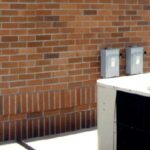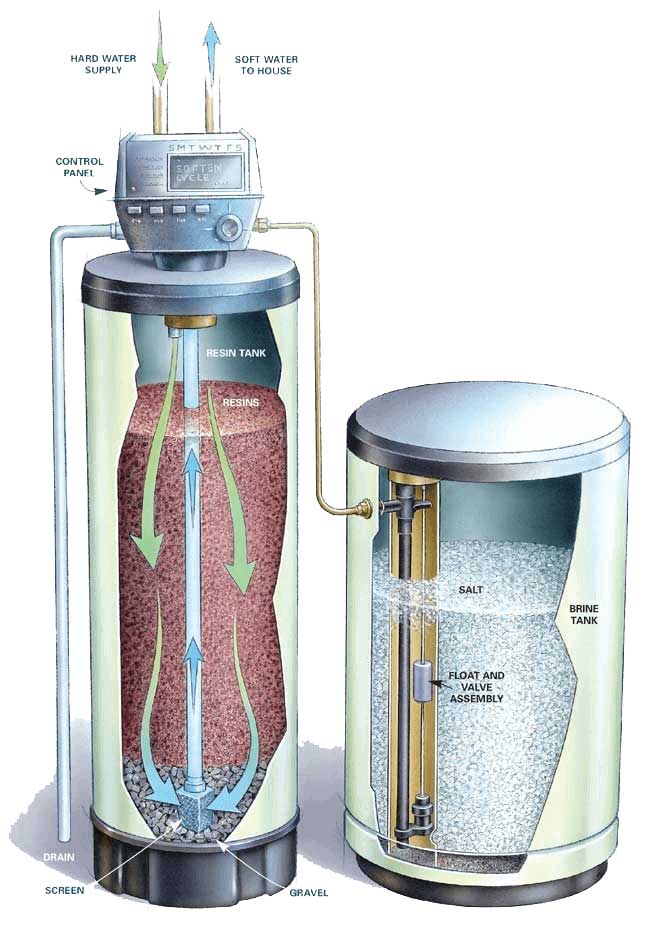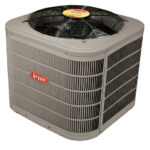Is It OK to Leave the AC Off Upstairs?
With energy costs continually on the rise, many people start to cut costs by taking a look at the way they heat and cool their homes. If you have a multi-level home, you may want to consider just how much money you could save – or lose – by shutting off the AC to your home’s upper floors.
The Type of AC You Have
Most people run one of two different air conditioning systems in their homes. Some people use window units distributed around the house in the areas they use the most often, while others use central air conditioning, which uses the house’s ductwork and registers to cool the home.
Shutting off the AC on just one floor or area of the home makes an impact, depending upon which type of AC system you have.
Window Units
If you have window units, and you primarily stay in the lower level of your home, there is nothing wrong with turning the AC off upstairs. Heat rises, so turning off the AC on the upper floor (or floors) will not affect your comfort level downstairs, nor will it affect how much the units downstairs have to work. Keep in mind, however, that if the rooms upstairs do become overheated during the course of the day, it could take an AC unit longer to cool down upstairs rooms in the evening before bed, which leads to the use of more energy. You can often feel the heat even in your mattress or bed sheets.
When the weather cools off in the evenings, open up all of the windows upstairs before you turn on the AC units at night, in order to maximize your energy savings. The sun warms the walls of your home all day, and that heat will slowly transfer both inside and out, raising the temperature upstairs in the evenings. Opening the windows lets the heat out so your window units don’t have to work as hard when you turn them on.
Central Air
If you have central air in your home, you have two ways of shutting off the AC to specific parts of the home. You can opt to have your home zoned so that the thermostat only controls specific portions. If this is the case, then there is nothing wrong with leaving your AC off upstairs, provided you open up the windows at the end of the day to let the warm air escape before turning it on.
If you only have one zone in your home, however, the only way to turn off the AC for the upstairs portion of your home is to close the vents. Unfortunately, closing the vents will not save energy. And it will actually force your system to work even harder, which will cost you more money each month. Closing the vents and causing your system to work harder will also overload and eventually damage your AC unit, which will end up costing even more in repairs.
Therefore, if you have central AC in just one zone of the house, your best bet is simply to run the AC through the whole house at once. If you want to lower your energy costs, consider combining your AC with ceiling fans, and raising the thermostat a few degrees to decrease the amount of air conditioning you use.
Is it better to run the AC upstairs or downstairs?
This depends on your preference and comfort level, but generally, it is better to run the AC upstairs than downstairs. This is because heat rises and tends to accumulate on the upper floor, making it hotter than the lower floor.
Running the AC upstairs can help cool down the hottest part of your house and create a more even temperature distribution between the floors. However, if you only run the AC upstairs, you may need to set it at a lower temperature than you would if you run it downstairs, which can increase your energy consumption and cost. Therefore, it is advisable to run the AC on both floors but adjust the dampers or thermostats to regulate the airflow and temperature according to your needs.
What is the most efficient way to cool a 2 story house?
The most efficient way to cool a 2-story house is through multi-zone air conditioning system. Having individual temperature control for each floor allows you to optimize comfort and save on energy costs.
One common mistake that homeowners make when cooling their homes is keeping both thermostats set at the same temperature. The air upstairs is almost always be warmer than that of the floor below it, and as a result, you wind up with a downstairs area that’s comfortable and an upstairs that’s frustratingly warm.
For optimal cooling in a two-story home during the, a general rule of thumb is to maintain a two-degree temperature difference between each thermostat. Start by setting upstairs thermostat to your desired temperature and then set the downstairs unit to be approximately two degrees warmer. The colder air will naturally flow downstairs and the lower air conditioner will not need to work as hard to maintain a comfortable temperature.
This temperature differential between floors not only helps solve the common problem of having a chilly downstairs and a hot upstairs during the summer months also contributes to energy savings and a more pleasant living environment.
How can I keep my upstairs cool without AC?
Keeping your upstairs cool without AC requires a combination of passive cooling techniques and lifestyle adjustments. Here are some tips to help you achieve a cooler environment:
- Cross-ventilation: Open windows on opposite sides of the upstairs rooms to promote natural airflow. This allows hot air to escape and draws in cooler air from outside.
- Covering windows: Install reflective blinds, shades, or curtains to block out sunlight during the hottest parts of the day and prevent excess heat from entering the rooms.
- Fans: Use portable or ceiling fans to enhance air circulation and create a breeze. Fans don’t cool the air but can make you feel more comfortable by promoting evaporation of sweat from your skin.
- Proper Insulation: Ensure proper insulation in the attic and walls to prevent heat transfer from the roof to the living spaces.
- Ventilating at night: Take advantage of cooler nighttime temperatures by opening windows and allowing fresh air to cool down the rooms while you sleep.
- Reducing heat sources: Minimize the use of heat-generating appliances, like ovens and stoves, during the hottest parts of the day. Opt for outdoor cooking or microwave meals instead.
Combining these techniques can help you create a more comfortable upstairs environment without heavily relying on your air conditioning system.
Make Smarter Energy Choices
By carefully assessing how you utilize your home’s air conditioning units, you’re already on the path to making smarter energy choices. Understanding the unique characteristics of your cooling system empowers you to make informed decisions, allowing you to stay comfortably cool while also saving money on energy bills.










